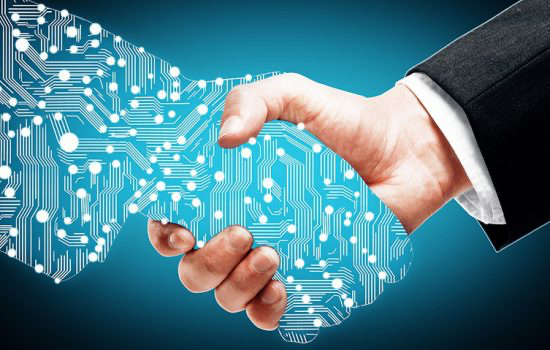  |
The development of technologies for the collection, communication and processing of large quantities of data (Big Data) is a driving force for a radical transformation in the ways of production, distribution and use of every tangible or intangible asset, in the energy, transport and of agriculture sectors. The research activities developed in this area cover all three mentioned topics.
A first area of activity is the study of vehicle systems, whether they are cars or work or agricultural machines, ranging from autonomous vehicles to managing fleets of machines, industrial robotic processing, robotic and precision agricultural processing, automation of industrial sectors such as large construction sites, mines, and urban construction sites. Activities are also related to the integration of electronics, at different levels, in the control and management of machines and of the man-machine interface with direct application in the development of Smart Components and, more generally, in the production and management of energy and transport. In particular, the activity concerns the development of intelligent interconnected products that offer new interaction features with other units and with humans. The activities also include the development of interaction tools between a real object or process with a virtual model (digital twin). These skills interface well and integrate with the rapidly evolving scenario of Smart Manufacturing, i.e. in digital innovation in industrial processes (industry 4.0).
The recent and widespread application of Artificial Intelligence (AI), and of machine learning and deep learning technologies, is generating a deep transformation in different sectors: energy. industrial and mobility. The capability to integrate and analyze ever-increasing quantities of heterogeneous data, and to self-learn from them, allows the optimization of industrial plants and the development of less energy-intensive production systems, through the reduction of consumption and the targeted configuration of the plants. In this context, the creation of advanced AI platforms and machine learning and deep learning algorithms for the development of new energy management methodologies and technologies is particularly relevant.
